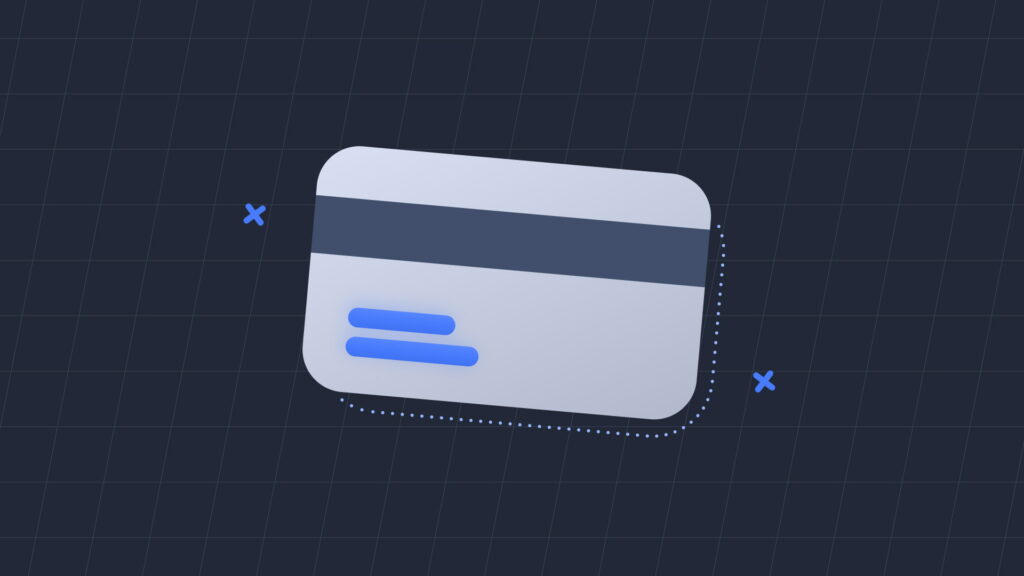Discover how financial inclusion can bridge the gap for the unbanked, promoting equality of opportunity and empowering millions worldwide to participate in the global economy. Learn about innovative solutions like SoftNote that transform access to financial services.

The Unbanked: Introduction
While the world is more connected than ever, millions remain without access to financial services, classified as “unbanked.” This lack of basic banking services hinders their global economic participation and forms a barrier to equal opportunities.
The World Bank estimates that around 1.7 billion adults globally lack a bank account, posing a significant challenge to achieving financial inclusion.
Consequences of Being Unbanked
Limited access to credit, savings, and insurance are negative effects of being unbanked. This can create difficulties in starting businesses, accessing education, and achieving social mobility. Furthermore, unbanked individuals often face financial insecurity, as they rely on informal, costly, or unreliable financial services. Essential financial services like credit, insurance, and savings accounts often exclude the unbanked.
Equality of Opportunity & Financial Inclusion: A Vital Goal
Financial inclusion is crucial for economic growth, poverty reduction, and reduced inequality. It helps individuals manage their finances effectively and engage fully in the economy. This creates opportunities for business expansion, job creation, and economic stimulation.
Governments, non-profit organizations, and private companies have launched initiatives to tackle this issue. As a result, the Tectum Blockchain technology company created SoftNote, a payment system designed to bring financial inclusion to the unbanked.
SoftNote: Its Role in Promoting Equality of Opportunity
SoftNote serves as a powerful tool to promote equality of opportunity and provide financial access to the unbanked. Offering a financial exchange method separate from traditional financial institutions, SoftNote allows individuals to engage fully in the economy and access basic financial services.
The unique design of SoftNote ensures accessibility for society’s poorest members and usability in areas with limited internet connectivity. This enables individuals who might otherwise face exclusion from the financial system to participate fully and contribute to economic growth and social mobility.
Conclusion
The unbanked population presents a significant challenge to achieving financial inclusion and equal opportunities. Tectum’s SoftNote payment system effectively addresses this issue, allowing individuals full economic participation and access to essential financial services.
By offering an alternative financial exchange method, SoftNote fosters financial inclusion and empowers the unbanked to manage their finances. This, in turn, creates opportunities for economic growth, poverty reduction, and social mobility, paving the way for equal opportunities for all.
